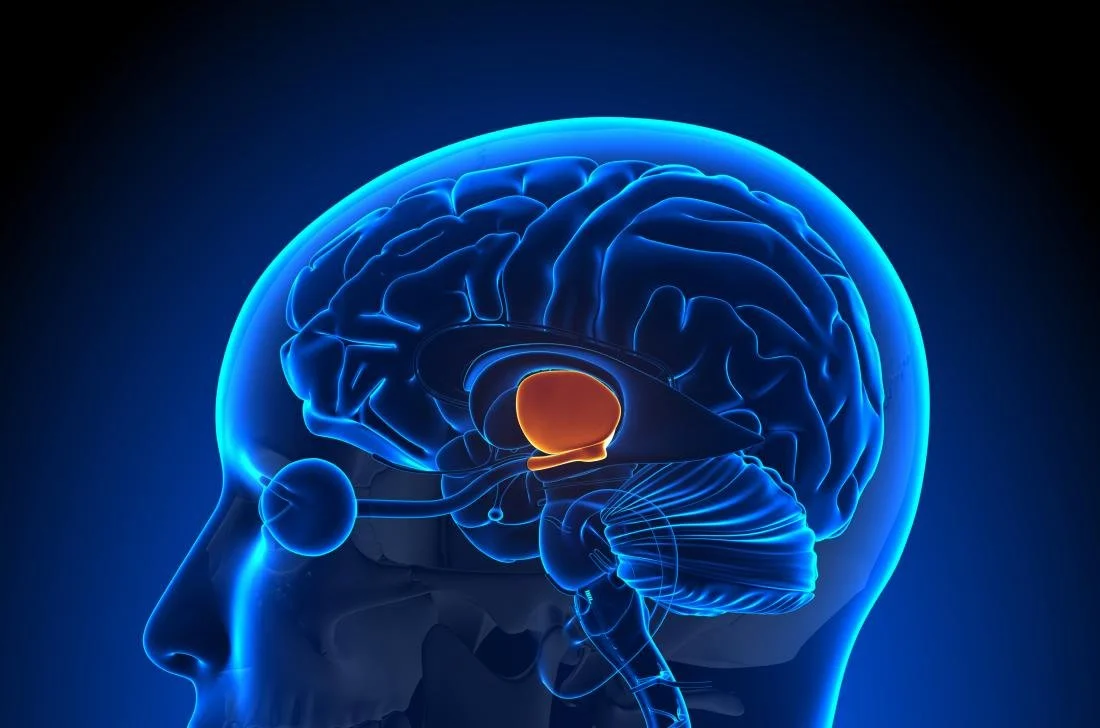EFFECTS OF STRESS
You’re sitting in traffic, late for an important meeting, watching the minutes tick away. Your hypothalamus, a tiny control tower in your brain, decides to send out the order: Send in the stress hormones! These stress hormones are the same ones that trigger your body’s “fight or flight” response. Your heart races, your breath quickens, and your muscles ready for action. This response was designed to protect your body in an emergency by preparing you to react quickly. But when the stress response keeps firing, day after day, just about any health condition you can think of can be exacerbated.
I see so many patients with bowel problems, sleeping problems, muscle problems, you name it, and so often this always goes back to same the source: STRESS.
Today I’m going to explain how stress creates physical problems all over your body: in your breathing, your gut and your circulation for example. Now before we get stressed out about getting stressed I just want to say that this whole area is really fascinating and there are so many ways we can be empowered to affect positive change in our bodies just by managing stress.
There are loads of really effective and sustainable stress management techniques and tools out there which I will look into in a further blog.
But for now let’s look at the affects of stress on your body.
Respiratory and cardiovascular systems
Stress hormones affect your respiratory and cardiovascular systems. During the stress response, you breathe faster in an effort to quickly distribute oxygen-rich blood to your body. If you already have a breathing problem like asthma or emphysema, stress can make it even harder to breathe.
Under stress, your heart also pumps faster. Stress hormones cause your blood vessels to constrict and divert more oxygen to your muscles so you’ll have more strength to take action. But this also raises your blood pressure.
As a result, frequent or chronic stress will make your heart work too hard for too long. When your blood pressure rises, so do your risks for having a stroke or heart attack.
Digestive system
Under stress, your liver produces extra blood sugar (glucose) to give you a boost of energy. If you’re under chronic stress, your body may not be able to keep up with this extra glucose surge. Chronic stress may increase your risk of developing type 2 diabetes.
The rush of hormones, rapid breathing, and increased heart rate can also upset your digestive system.
You’re more likely to have heartburn or acid reflux thanks to an increase in stomach acid. Stress doesn’t cause ulcers (a bacterium called H. pylori often does), but it can increase your risk for them and cause existing ulcers to act up.
Stress can also affect the way food moves through your body, leading to diarrhea or constipation.
Muscular system
Your muscles tense up to protect themselves from injury when you’re stressed. They tend to release again once you relax, but if you’re constantly under stress, your muscles may not get the chance to relax. Tight muscles cause headaches, back and shoulder pain, and body aches. Over time, this can set off an unhealthy cycle as you stop exercising and turn to pain medication for relief.
Sexuality and reproductive system
Stress is exhausting for both the body and mind. It’s not unusual to lose your desire when you’re under constant stress. While short-term stress may cause men to produce more of the male hormone testosterone, this effect doesn’t last.
If stress continues for a long time, a man’s testosterone levels can begin to drop. This can interfere with sperm production and cause erectile dysfunction or impotence. Chronic stress may also increase risk of infection for male reproductive organs like the prostate and testes.
For women, stress can affect the menstrual cycle. It can lead to irregular, heavier, or more painful periods. Chronic stress can also magnify the physical symptoms of menopause.
Immune system
Stress stimulates the immune system, which can be a plus for immediate situations. This stimulation can help you avoid infections and heal wounds. But over time, stress hormones will weaken your immune system and reduce your body’s response to foreign invaders. People under chronic stress are more susceptible to viral illnesses like the flu and the common cold, as well as other infections. Stress can also increase the time it takes you to recover from an illness or injury.
The Gut-Brain Axis
The ‘gut-brain axis’ describes a back-and-forth communication pathway between the central nervous system and the gastrointestinal tract, which uses signalling hormones to manage what we do and how we feel on a daily basis.
The brain has a direct effect on the stomach and intestines. For example, the very thought of eating can release the stomach's juices before food gets there. This connection goes both ways. A troubled intestine can send signals to the brain, just as a troubled brain can send signals to the gut. Therefore, a person's stomach or intestinal distress can be the cause or the product of anxiety, stress, or depression. That's because the brain and the gastrointestinal (GI) system are intimately connected.
A key player in this set up is our microbiome – the community of microorganisms, mostly bacteria, living in our gut- which directly impacts the messages being sent up and down our bodies.
There has been a huge amount of research into this gut-brain-microbiotic interaction in recent years, and findings suggest that both acute and chronic stress will change the balance in our microbiome by favouring unhelpful bacteria, which can result in feelings of anxiety and depression.
Given how closely the gut and brain interact, it becomes easier to understand why you might feel nauseated before giving a presentation, or feel intestinal pain during times of stress.
So I hope that has clarified for you some of the ways that stress can affect directly on the rest of your body. Maybe the way your body behaves will make a bit more sense now. Maybe you will be able to put things in place to manage your stress so that your body will have some space to just do its thing!
If you would like guidance or a stress management plan created then please feel free to book an appointment with Vitalis Health for a private GP appointment in Belfast City Centre NI. We are open Monday to Friday and offer same-day private GP appointments. You can book blood tests which will check to help identify any problems. Vitalis offers an extensive phlebotomy ( private blood test) service 5 days a week. If you are concerned about fertility then you can book a testosterone blood test, harmony test, erectile dyfunction check. Book. full sexual health appointment in Belfast.
You can also check out our range of wellness check ups which will measure your Blood pressure, height and weight taken to estimate risk of heart disease. It also is accompanied by a full written report with recommendations compiled by private GP Dr. Siobhan Graham.
Dr. Graham brings 20 years of medical experience to her practice. She understands the complexities of each disease and how they can affect individuals differently. She also understands the stress of illness and its impact mentally and physically on ones wellbeing. Book a next day or same day appointment by contacting the Belfast City Centre clinic on: +44(0)2896913000








